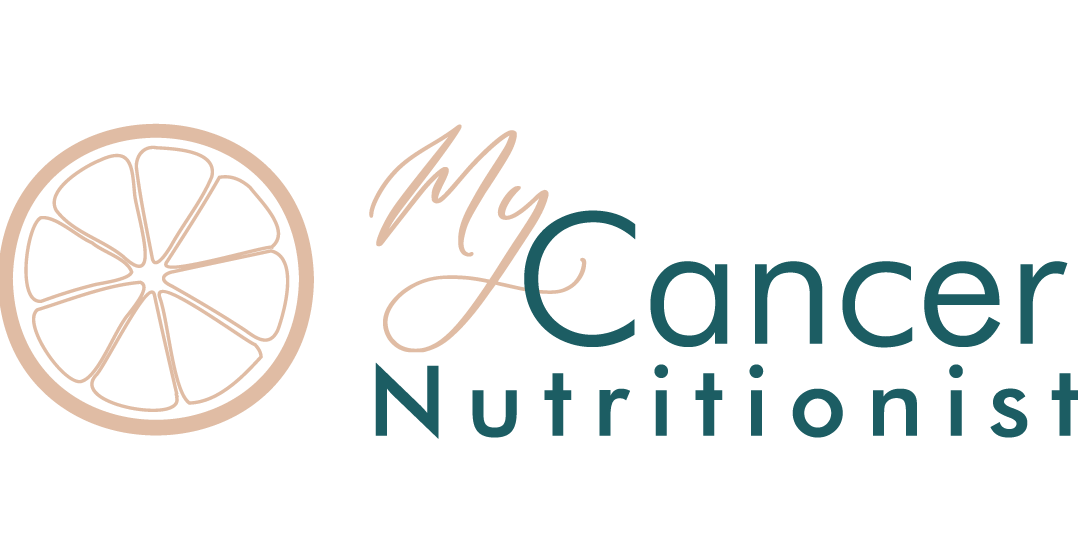Simple Ways To Increase Fruit & Vegetable Intake
Going through cancer treatment is a time when your body needs good nutrition more than ever so your healthy cells can stay strong during the onslaught of conventional oncology therapies. You’re probably familiar with the concept of ‘one of your 5 a day’, however this campaign was created over 30 years ago. It’s fair to say that research has come a long way since then, and a 2017 meta-analysis showed that in order to reduce the risk of all cause mortality, including cancer; consuming double this is what’s really needed.
Eating 10 portions a day can be daunting especially if prior to a cancer diagnosis even getting 5 a day was a challenge. As a cancer nutritionist, my goal is to demonstrate that with a bit of careful planning, you can easily include more fruit and vegetables without having to completely overhaul your current routine. Baby steps is key, by making small changes, over time you’ll be eating a variety of fruit and vegetables in no time! Aim for a maximum of 2 portions of fruit a day and the rest vegetables.
Eating the rainbow and a variety of foods in key. This will ensure you’re getting a good mix of anti-oxidants, vitamins and minerals; as well as diversity that promotes a healthy microbiome (the bacteria in your gut). Dysbiosis (an imbalance of bacteria) can cause inflammation, and chronic inflammation is linked to various diseases including cancer.
Start your day with a smoothie. Go for a higher ratio of vegetables to fruit 2:1. If you’re not used to having smoothies, go for half fruit & half veggies, then slowly reduce down the fruit. The possibilities are endless with what you can include, so it’s a great opportunity to get creative. Bananas are a good base to start with as this gives smoothies some sweetness as well as bulk.
Add a portion of fruit to your breakfast. Berries are an excellent choice as they’re high in fibre, anti-oxidants and won’t spike your blood sugar. They go well with cereal, muesli, yoghurt or even pancakes.
Snacks - Going for vegetable sticks (carrots, peppers, cucumber, celery). Combing with some hummus helps to increase protein intake which is so key at every stage of cancer.
Get some nuts. Choose a handful of unsalted nuts, no preparation required and another chance to increase your protein intake, however avoid peanuts as they contain aflatoxins, adding to your toxic load (not something you want to do during cancer treatment).
Pimp up your fruit. Apple slices dipped in nut butter (with no added sugar) - cashew or almond are good choices, avoid peanut butter for the same reason just mentioned.
Boost your ready meals. If you’re feeling fatigued and are having a ready meal, add a couple of extra vegetables to accompany it. Serve on a cup of raw spinach, or some salad. You could steam some tender stem broccoli (no chopping needed!). Investing in a good steamer is an excellent addition to your kitchen. Steaming food is one of the best ways to preserve the nutrient content of food that is often lost through boiling. Frozen vegetables that only take a few minutes to cook is also a good choice. I recommend frozen peas, or sweetcorn. Things that require very little food prep or cooking time.
Dried Mushrooms - If cooking rice or pasta, add some dried mushrooms to the water. This adds flavour as well as more nutrients and doesn’t involve chopping! Mushrooms are excellent for boosting your immune system.
Summer salads are an easy way to include plenty of vegetables. You could create a salad with little or no chopping, simply using pre-prepared bags at the supermarket. Including a good source of protein with them (oily fish, chopped unsalted nuts, lentils, steamed chicken, or hummus) can turn this into a fully nutritious meal, or alternatively add as an accompaniment to your lunch or dinner.
Soups - another easy way to pile on the nutrients. If you’re too tired to make any from scratch, try adding frozen vegetables to the saucepan of any store bought ones.
Stir fries. Adding frozen or tinned vegetables to a pan is another quick win if you’re tired or short on time.
Grate your vegetables. These can easily be added to pasta sauces, bolognese, whether that’s ones you’ve made from scratch or store bought ones. Courgettes and carrots cook quickly so won’t add any additional cooking time to your meal prep.
For a personalised protocol to help you at every stage of your cancer journey, book a complimentary 30 minute consult with me. As an oncology nutritionist based in the UK, I’m here to help you have a better quality of life through every stage of your cancer journey. I work with clients online so timezone isn’t a barrier.


